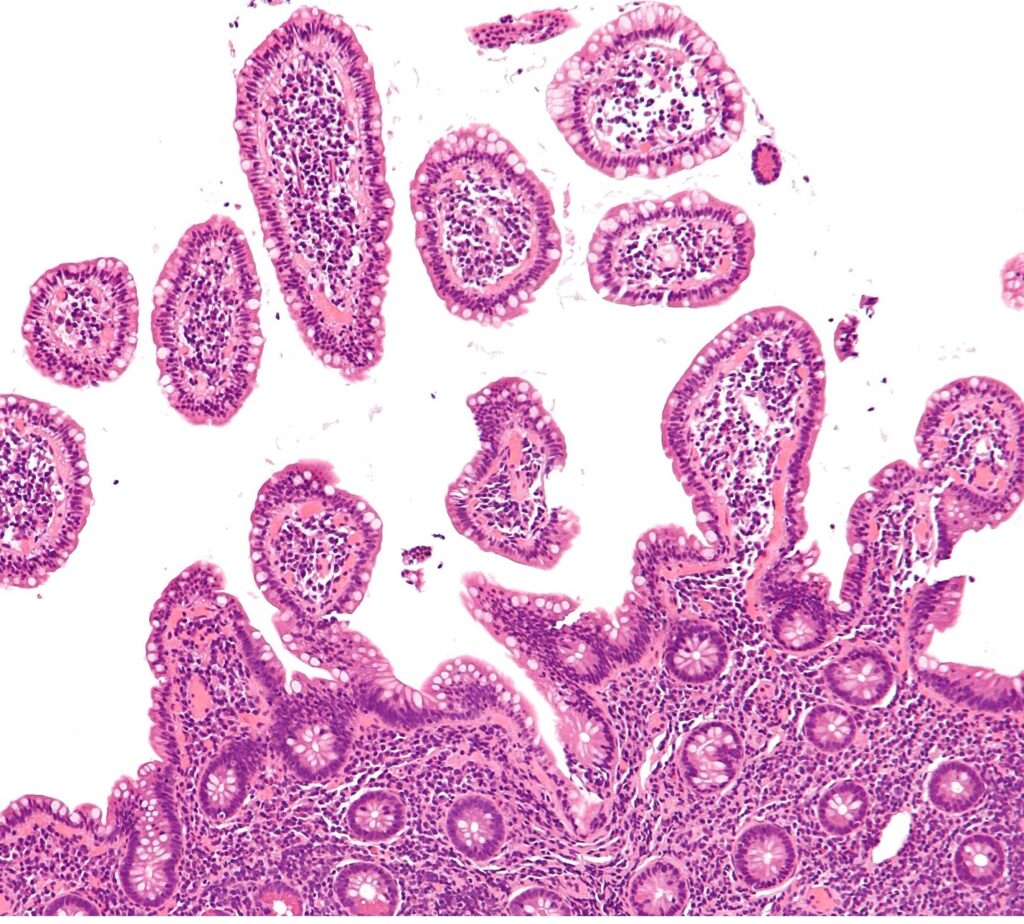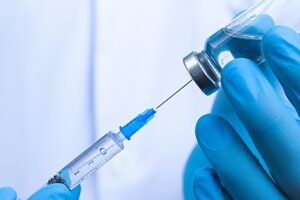Global biopharmaceutical company Bristol Myers Squibb (BMS) has received US Food and Drug Administration (USFDA) approval for its new CD19-directed chimeric antigen receptor (CAR) T cell therapy Breyanzi (lisocabtagene maraleucel; liso-cel).

The most common form of non-Hodgkin lymphoma (NHL), the DLBCL cancer is an aggressive disease. Credit: Nephron
Subscribe to our email newsletter
Global biopharmaceutical company Bristol Myers Squibb (BMS) has received US Food and Drug Administration (USFDA) approval for its new CD19-directed chimeric antigen receptor (CAR) T cell therapy Breyanzi (lisocabtagene maraleucel; liso-cel).
The new CAR T Cell therapy will be used for the treatment of adult patients suffering from relapsed or refractory (R/R) large B-cell lymphoma (LBCL) following two or more lines of systemic therapy. The LBCL includes diffuse large B-cell lymphoma (DLBCL) not otherwise specified (including DLBCL arising from indolent lymphoma), primary mediastinal large B-cell lymphoma, high-grade B-cell lymphoma, and follicular lymphoma grade 3B.
The most common form of non-Hodgkin lymphoma (NHL), the DLBCL cancer is an aggressive disease, where 73% of patients do not respond or relapse.
However, Breyanzi is not advised to treat patients having primary central nervous system lymphoma although it offers a potentially definitive treatment.
Bristol Myers Squibb chief medical officer Samit Hirawat said: “Breyanzi, a CAR T cell therapy, will have an important role in clinical practice, offering people living with relapsed or refractory large B-cell lymphoma the chance for sustained response with an individualised treatment experience. The FDA approval reflects our deep commitment to advancing cell therapy research, developing innovative treatments and supporting patients at every step of their treatment journey.”
Breyanzi exhibited a 73% overall response rate besides a 54% complete response (CR) rate in the largest pivotal trial in 3L+ LBCL, TRANSCEND NHL 001 trial.
The new cell therapy will be manufactured at BMS’ immunotherapy manufacturing facility in Bothell, Washington.
In order to facilitate wider access to the therapy, BMS plans to introduce Breyanzi through a huge network of treatment centers, which will be Risk Evaluation and Mitigation Strategy (REMS) certified to ensure the appropriate use of the cancer therapy that is accessible only through the Breyanzi REMS programme. Healthcare facilities need to enroll and comply with REMS requirements, while also being trained on the management of CRS and NT.
Bristol Myers Squibb will provide a digital platform called Cell Therapy 360 to support the patient and physician treatment experience, which optimises access to manufacturing updates, relevant information, patient and caregiver support, along with outpatient management resources.
During the initial post-infusion monitoring period, the company will offer disposable wearable technology to patients, which will help them keep a track of their real-time temperature while away from the treatment center, through a smartphone.
Lymphoma Research Foundation chief executive officer Meghan Gutierrez averred: “People battling relapsed or refractory large B-cell lymphoma continue to face a challenging treatment journey, both physically and emotionally. Breyanzi is an innovative treatment that offers a new option for patients, and another reason for this community to maintain hope for the future.”
The European Union has granted Breyanzi Priority Medicines (PRIME) designation for R/R DLBCL and the European Medicines Agency is presently reviewing a Marketing Authorization Application (MAA) for it.
Breyanzi’s USFDA approval is based on data secured from the TRANSCEND NHL 001 (017001) trial, where 268 patients (inpatient and outpatient) with R/R LBCL received Breyanzi.
 Advertise With UsAdvertise on our extensive network of industry websites and newsletters.
Advertise With UsAdvertise on our extensive network of industry websites and newsletters.
 Get the PBR newsletterSign up to our free email to get all the latest PBR
news.
Get the PBR newsletterSign up to our free email to get all the latest PBR
news.

